THE IDEAL VILLAGE PROGRAMME
THE SOUL OF INDIA LIVES IN ITS VILLAGES
The Focus
This is a multi-pronged initiative conceived, implemented, and monitored by SSHT for a holistic and comprehensive development of the identified villages. The focus of this programme is on:
Support to Agriculture
- Seed sourcing
- Advice on alternative irrigation methods, and yield improvement
- Crop protection and crop insurance
Sustainable Livelihoods
- Formation of women Self Help Groups (SHGs)
- Skills training for rural women and youth
- Creation of employment opportunities through skills upgradation, improvement of employability, and development of cottage industries
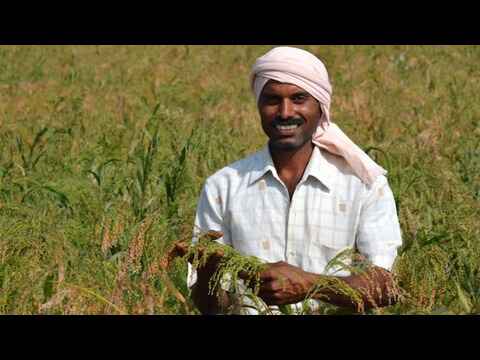

Energy Management & Safe Habitats
- Alternative energy sources for sustainable energy usage
- Electrical maintenance for safe homes
- Scheduled fumigation around village to reduce pestilence
- Scheduled plumbing maintenance
Education and Literacy
- Education support for rural students
- Free evening tuitions
- Scholarship for deserving students
- Sports Day, Annual Day, Talent Day etc. to spot prodigies; and identify and nurture children’s talents
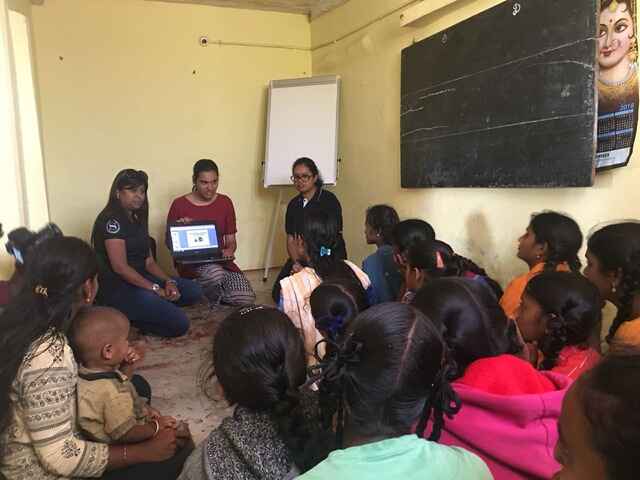
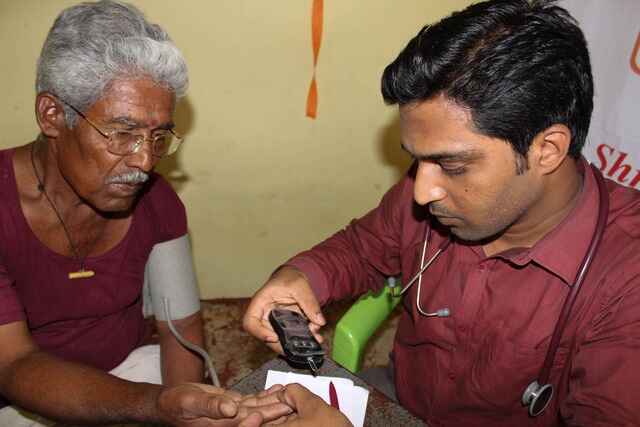
Preventive Healthcare and Nutrition
- Free weekly outpatient clinic
- Free medication for regular / seasonal illnesses
- Monitoring / medication for hypertension and diabetes mellitus
- Hunger alleviation
- Micronutrient supplementation
- Counselling on good dietary practices
Clean Water, Water Conservation and Harvesting
- Installation and commissioning of appropriate water treatment systems to provide clean drinking water
- Methods to improve ground water table through appropriate rain conservation methods
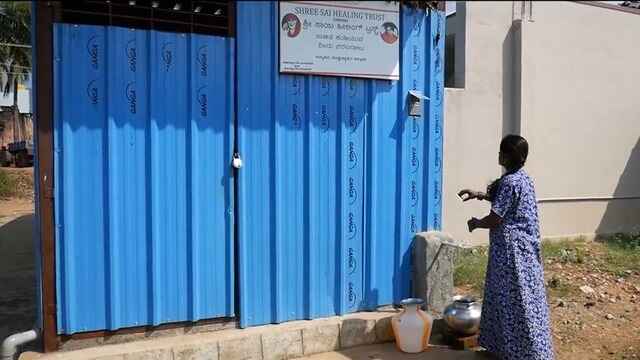
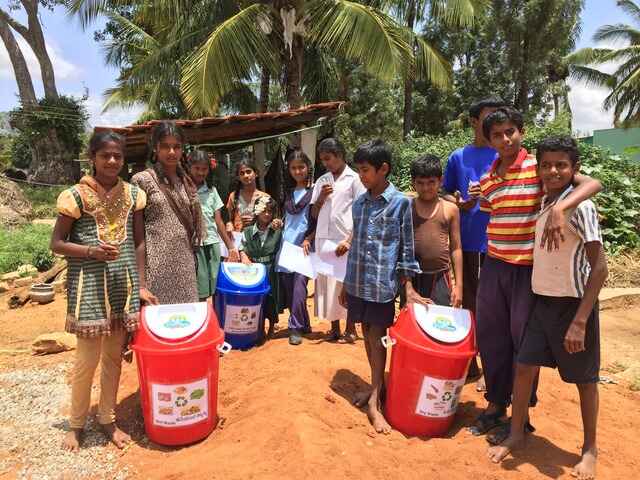
Good Sanitation
- Construction of toilets for houses, schools and public use
- Provision of closed drains to prevent water stagnation and pestilence
Awareness
- Sessions for children, women and school students on personal hygiene
- Sessions on communicable diseases
- Sessions for women on female health and hygiene
Emergency Funding
A recent addition to the programme is:
- Financial support for any household where a death has occurred to support final rites
- Support to any villager in need of financial loans either by SSHT directly, or by providing necessary information and education on best loan options from banks and financial institutions best suited for their needs.
- These have been initiated specifically to prevent villagers from exploitation by financiers resulting in loss of cattle, farm lands, and other assets.
The Process
Villages for coverage under the program are identified through a multi-layered approach involving local stakeholders including target beneficiaries, government authorities, and sponsors. All the selected villages are adopted by SSHT, and committed volunteers are engaged in the program along with residents trained by SSHT. SSHT will ensure support from all stakeholders and monitor the activities on 24/7 basis through the network of volunteers and the concerned project teams.
The villages are adopted directly by SSHT and all the above-mentioned activities are conceived, implemented and monitored SSHT volunteers in coordination with and cooperation of the villagers.
The Magnitude
Currently the following eight villages have been adopted covering 13,000 rural population.
- Channapura – Karnataka
- N Hosur – Karnataka
- Kurvegere – Karnataka
- Rajakrishnapura – Karnataka
- Elakkaimangalam – Tamil Nadu
- Shingwe – Maharashtra
- Puttlagundla Palli – Andhra Pradesh
- Chalki – West Bengal
It is envisaged to increase the number of adopted villages to 16 under this programme in the next five years for which village identification process is in progress in Andhra Pradesh, Gujarat, Karnataka, Kerala, Maharashtra, Odisha, Tamil Nadu, Telangana, and Uttar Pradesh.
The Impact
The program ensures:
- Strategic leadership to achieve improved socio-economic development
- Response to village issues through village-based efforts
- Good and responsible citizenship among the villagers
- Identifying and mapping projects for the village based on assessment of needs
- Access to basic social services for the poorest members of society
- Reduction in infant mortality
- Reduction in communicable diseases
- Reduction in school drop outs
- Improvement in skills and employability
- Increased employment opportunities and family income
- Improved personal hygiene and health
- Improved environmental hygiene
- Improved self-esteem of villagers

